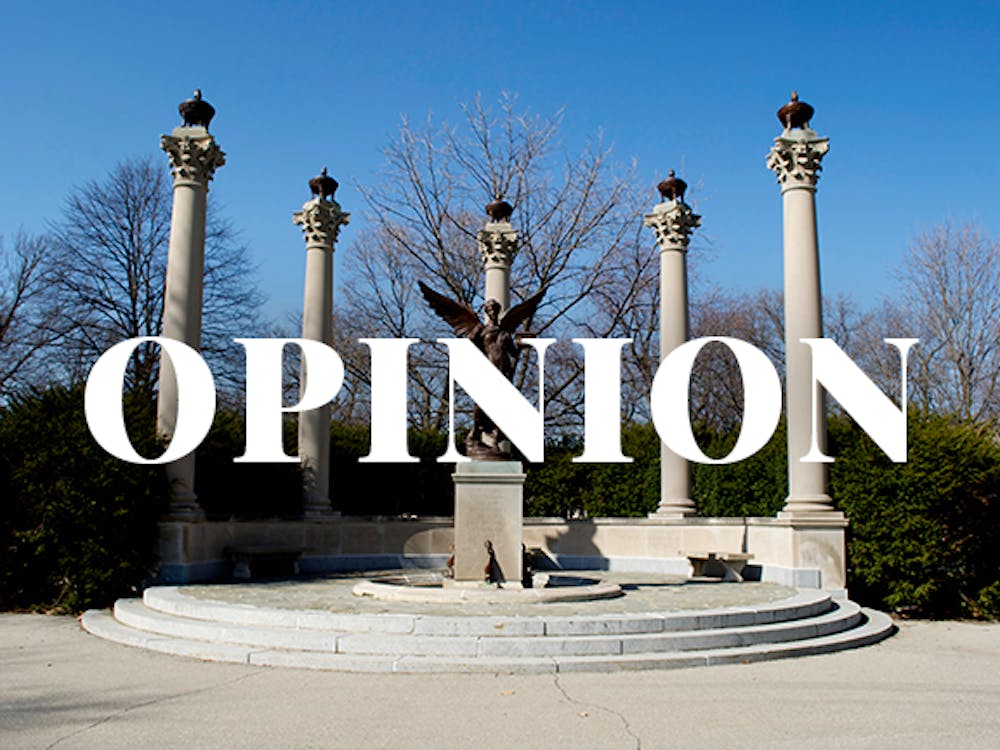Editor’s Note: The Daily News publishes Letters to the Editor with minimal copy edits and provides a headline only if the author does not provide one. We reserve the right to withhold submitted letters depending on the content. Letters should be approximately 500 words and sent to editor@bsudailynews.com.
Ball State is recognizing its centennial year – a milestone that is supposed to celebrate 100 years of progress and learning. Over the last several years, actions by the Board of Trustees have made me question how much progress has actually been made.
Despite that, I had never actually been ashamed of my alma mater until Friday when Board Chair Rick Hall said John Schnatter's use of the N-word during a meeting with consultants was "not in a derogatory manner seeking to demean any individuals or groups; rather it was used as an example of improper conduct."
As if that's an excuse.
I am a cis, straight, white female. I recognize my privilege, and I can't imagine any circumstance where I would say the N-word. And I'd be willing to bet $3.25 million that if Schnatter said it during that meeting without hesitation – no matter the context – then he's previously used that disgusting term with ease.
Ball State had already revealed its loyalty to the almighty dollar within the first week of John Schnatter's controversy, with the weak statement of it being "premature" to comment. (Hint: it's never premature to denounce using derogatory terms).
Friday's lengthy follow-up saying, "In our experience with John, he has never expressed racist views," is a slap in the face to anyone who has received any type of discrimination, whether it was blatant or subtle.
If I'm this outraged, then I can only imagine how minority students, alumni, faculty and staff must feel. The Beneficence Pledge calls on us to act in a socially responsible way and to value the intrinsic worth of every member of the community.
But if the university doesn't use this opportunity as a learning experience to listen to its diverse population, then it's glaringly obvious that the only community members that are worth anything are those with fat wallets.
— Kelly Dickey, class of 2013





